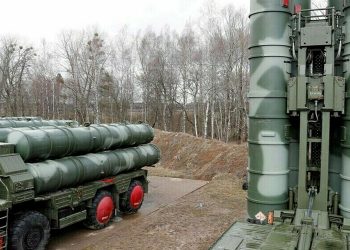As the government nears its tenure, there are consultations being held on the formation of the caretaker setup and who will be appointed as the interim prime minister. There is still no confirmation when the assemblies will be dissolved but will be no later than August 14.
Before the government completes its tenure, it has one final responsibility to pick the interim prime minister. The constitution provides the procedure for the appointment which is normally between the treasury and the opposition. In the absence of a formidable opposition after the PTI was ousted from power, the main negotiations are being held among the allied parties of the coalition government.
The PDM allied parties certainly want a share in the interim set-up, a given knowing how they remained united not just to oust the PTi and also to retain power for their political interests. The Prime Minister has held the first round of talks with coalition parties, notably the PPP, and has constituted a committee to hold negotiations with allied parties on the next setup and conducting elections.
The allies are certainly more interested in the caretaker setup in Sindh and Balochistan provinces, whose assemblies will also be dissolved. The MQM believes it has the right to the interim chief minister of Sindh, while the BAP is confident it will form the interim setup in Balochistan. The biggest allied parties, PML-N and PPP, are leading the negotiations for the caretaker setup.
The interim government must be neutral rather than having political affiliations. It is their foremost responsibility to conduct elections as per schedule in a free, fair and transparent manner. In the past, retired judges of bureaucrats were appointed to the post. This time around, there have been reports that a politician could be appointed to the post who will certainly be taking sides.
The prime minister has not yet consulted the leader of the opposition, which is a legal requirement, but now seems more than a formality. Depending on when the elections will be held, the caretakers will have 2-3 months to hold elections. It needs to be seen who will be appointed to the key slot and will be standing among equals.
This will be the third consecutive democratically elected government that has completed its tenure but an unusual one with two different governments of opposing parties. It is essential that the democratic process should be strengthened in the country.


























